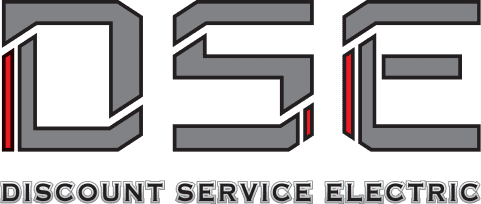Home Electrical Inspections in St. George
Ensuring Your Home’s Electrical Wires Are Up to Code
A residential electrical inspection is an important safety measure that every home should undergo. By inspecting the home’s electrical system, our qualified electricians can identify and correct any potential hazards before they cause an accident.
Electricians use the NEC (National Electric Code) to ensure home electrical systems are safe. The NEC is a set of guidelines that establishes minimum safety standards for home electrical fixtures, systems, and devices. Home electrical inspections are an important safety measure, and it's critical to make sure your home's electrical system meets the NEC's safety standards.
We perform residential electrical inspections in and around St. George, Utah. To schedule an appointment, contact us online or dial (435) 291-7410.
Types Of Electrical Inspection
Rough-In Electrical Inspection - A rough-in electrical inspection is an inspection that typically happens during the wiring and installation process. An inspector will check to make sure that wires are intact, and that all fire hazards around conduits and electrical panels are eliminated. By ensuring that all safety hazards are eliminated, a rough-in electrical inspection can help prevent fires and other accidents.
Service Inspection - There is another type of inspection, called a service inspection. This happens when a professional looks at the electrical service panel to make sure it has been installed correctly and is grounded properly. If it's not, you might be in danger of getting an electric shock.
Final Inspection - A final inspection is an important part of the home electrical inspection process. This inspection occurs after the home’s electrical system has been installed, and it is used to test the system’s safety and effectiveness. An inspector will run a number of trials to the electrical system to ensure it is safe and functioning properly. By conducting a final inspection, an electrician can ensure that the home’s electrical system is fully functional and safe.
Home Electrical Inspection Checklist
There are a number of items that should be included on a home electrical inspection checklist. By making sure that your home has been inspected by a qualified electrician, you can rest assured that your family is safe from potential electrical hazards.
Some of the most important items that should be included on a home electrical inspection checklist include:
- Electrical outlets and switches
- Box heights
- Cables and wiring
- Cable anchoring
- Wiring and junction boxes
- GFCIs (ground fault circuit interrupters)
- Smoke detectors
- Carbon monoxide detectors
- Surge protectors
What Can Fail an Electrical Inspection?
There are a number of reasons why you should have your home's electrical system inspected by a qualified electrician. By conducting an electrical inspection, an electrician can identify and correct any potential hazards before they cause an accident. In addition, home electrical inspections can help ensure that your home's electrical system meets the NEC's current safety standards. We’ll be inspecting for things like:
- Age
- Material
- Installation
- Damage
- Grounding
How to Prepare for a Residential Electrical Inspection
It can be tough to identify all the ways your home’s wiring could fail to meet code (that’s what professional inspections are for!), but there are a couple of things to watch for.
If you want to know how up-to-date and safe your electrical system is, look for warning signs that something is amiss:
- Your circuit breaker frequently trips
- You can see exposed wiring
- Your outlet is discolored or otherwise damaged
Schedule your home electric inspection today! Call our licensed, bonded, and insured electricians for an inspection in St. George: (435) 291-7410. We can also be reached online.
“At DSE, they are friendly, affordable, reliable, and provide great quality workmanship.” - Shayna D.




